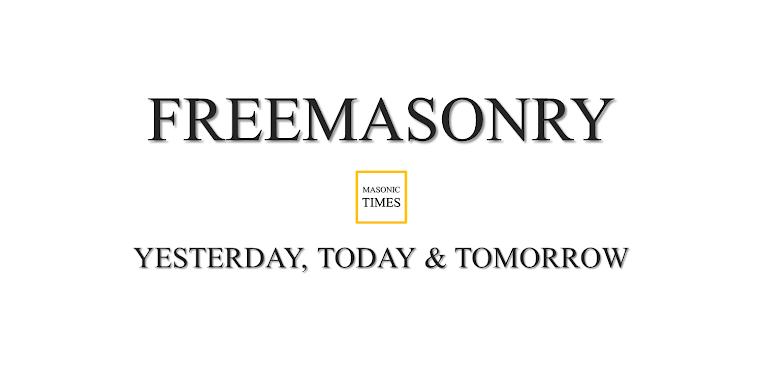Reporter: During RotaractMUN we debate important global issues, yet we would like to know your opinion – does our voice really count?

Kai Frithjof Brand-Jacobsen: It counts if you make it count. For it to mean something, to have an impact, you have to follow what you’re doing here with concrete actions. There is a growing global youth movement at this moment. If more and more organizations and young people get together and put their ideas in action, this can make the difference. A single ‘event’ like a conference or a meeting is not necessarily worth much on is own. It becomes important when you stay together, and then act and multiply the effect with the other organizations, in your communities, countries, and continuing to work together globally. To reach more people you should also use social media and make sure traditional media is fully involved. Many of you here at this event can use writing, videos, speaking with people to get what you’re doing here covered in your countries back home and visible to people world-wide. Also, during your days here, think about actions that you can do after the conference to multiply the effect more broadly.
Reporter: Which is the most important skill that you need as peace negotiator?
Kai Frithjof Brand-Jacobsen: Well, like in any great field of human activity – medicine, engineering, science, art, sports – there’s not just one skill that you need. It’s a combination. Obviously, when you’re working in peacebuilding one critical skill is the ability to actual come up with and find ways to implement practical, real solutions to actual conflicts. But more than that, you need discipline. It is like in sports or medicine. To be a great ballet dancer or a great performer, or a surgeon you need discipline and practice. They learn hard before they have results. And their discipline is born of passion: they do it because they love it. And also we need an open mind and lots of creativity. There is another important thing, emotional, human intelligence. The ability to respect and understand what’s really important to people – what people care about, what people dream about, what they’re afraid of – across countries, cultures and genders. One positive thing though is that, just as in medicine or sports, we don’t need ‘one’ peaceworker. We need many people with different skills, different capacities, and able to work together. And we’re seeing this in the field. Increasing collaboration and mutual support. It is inspiring that today we do share a sense of togetherness. Your event is also a great example inspiring this.
Read the entire interview
here.

















